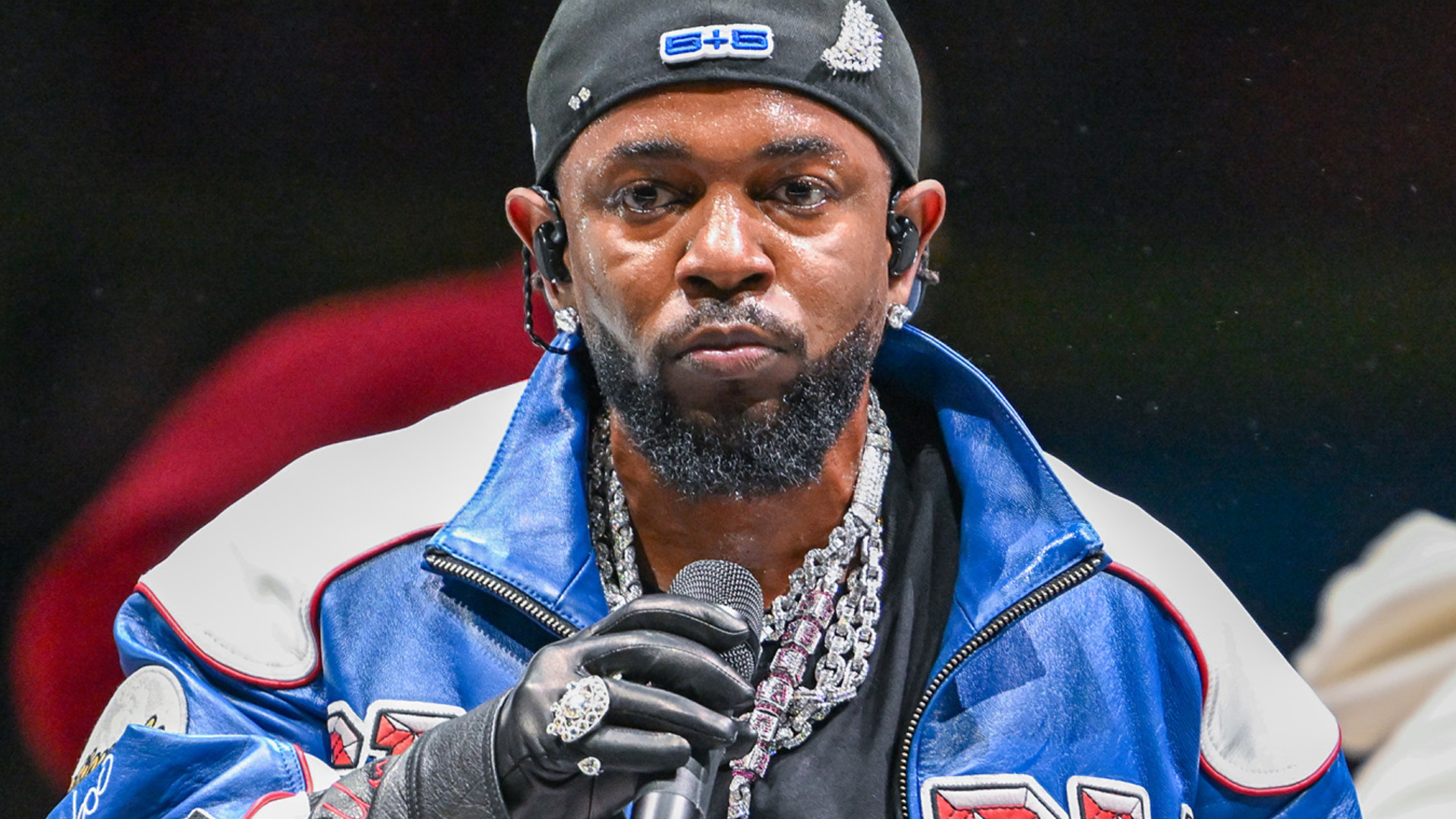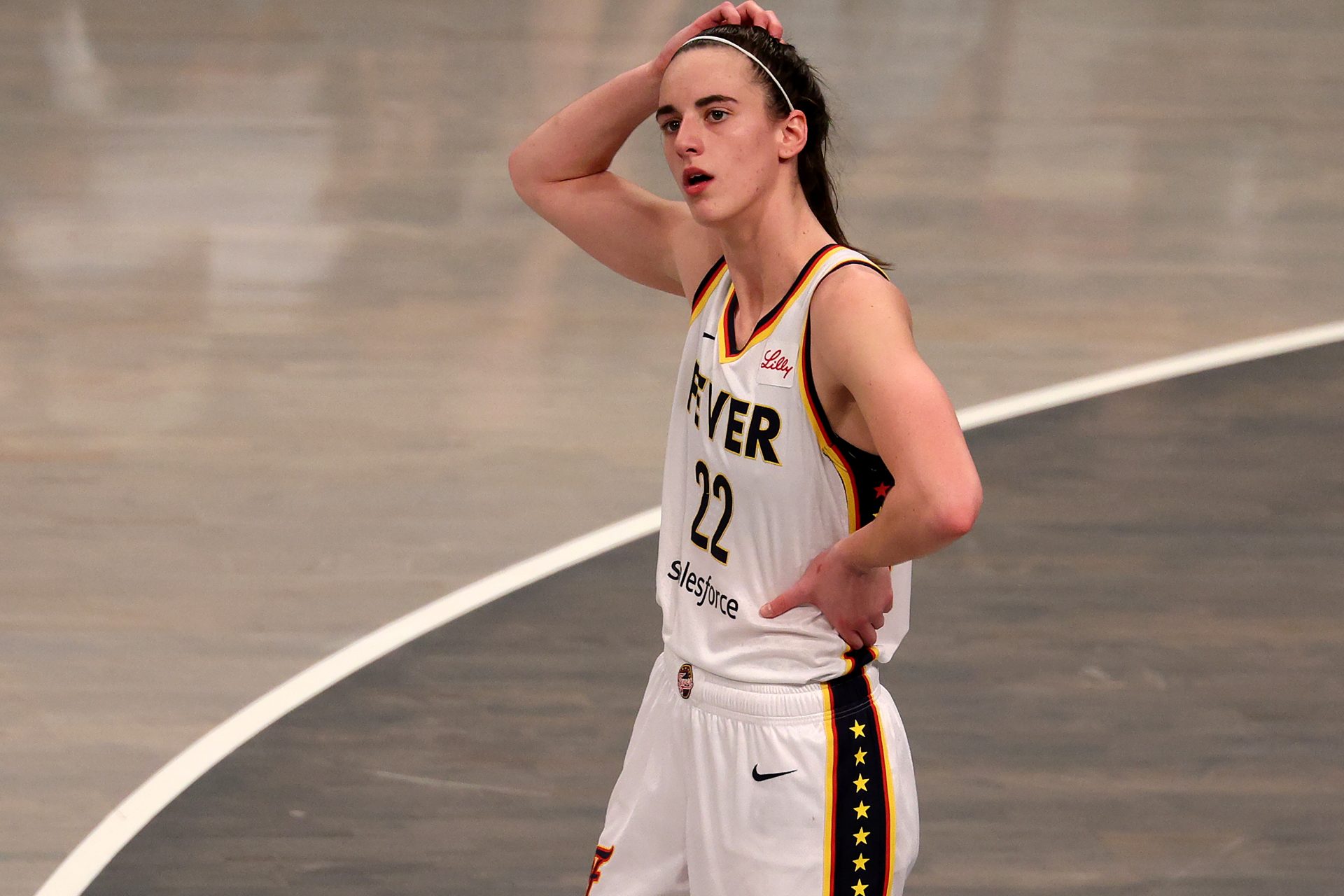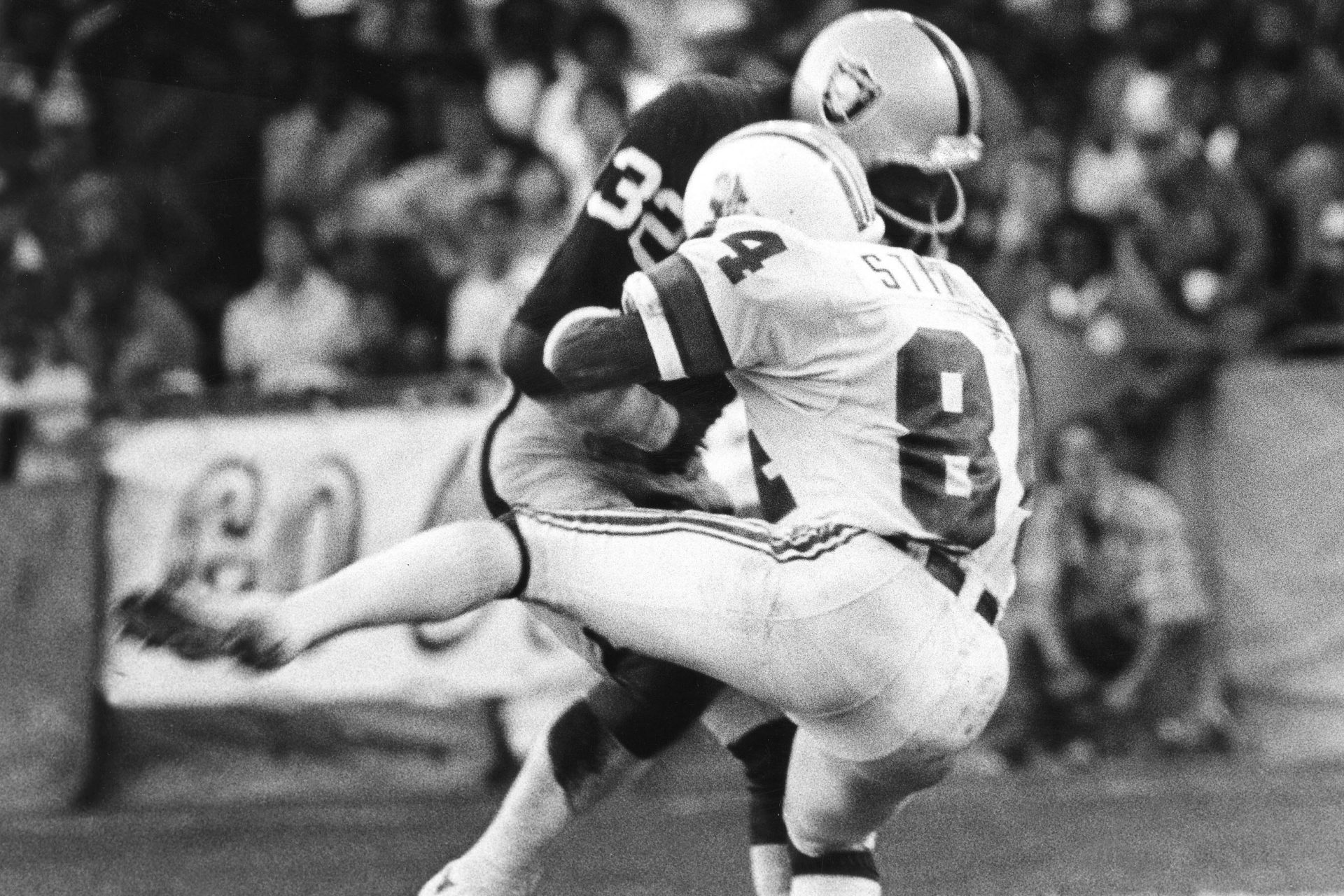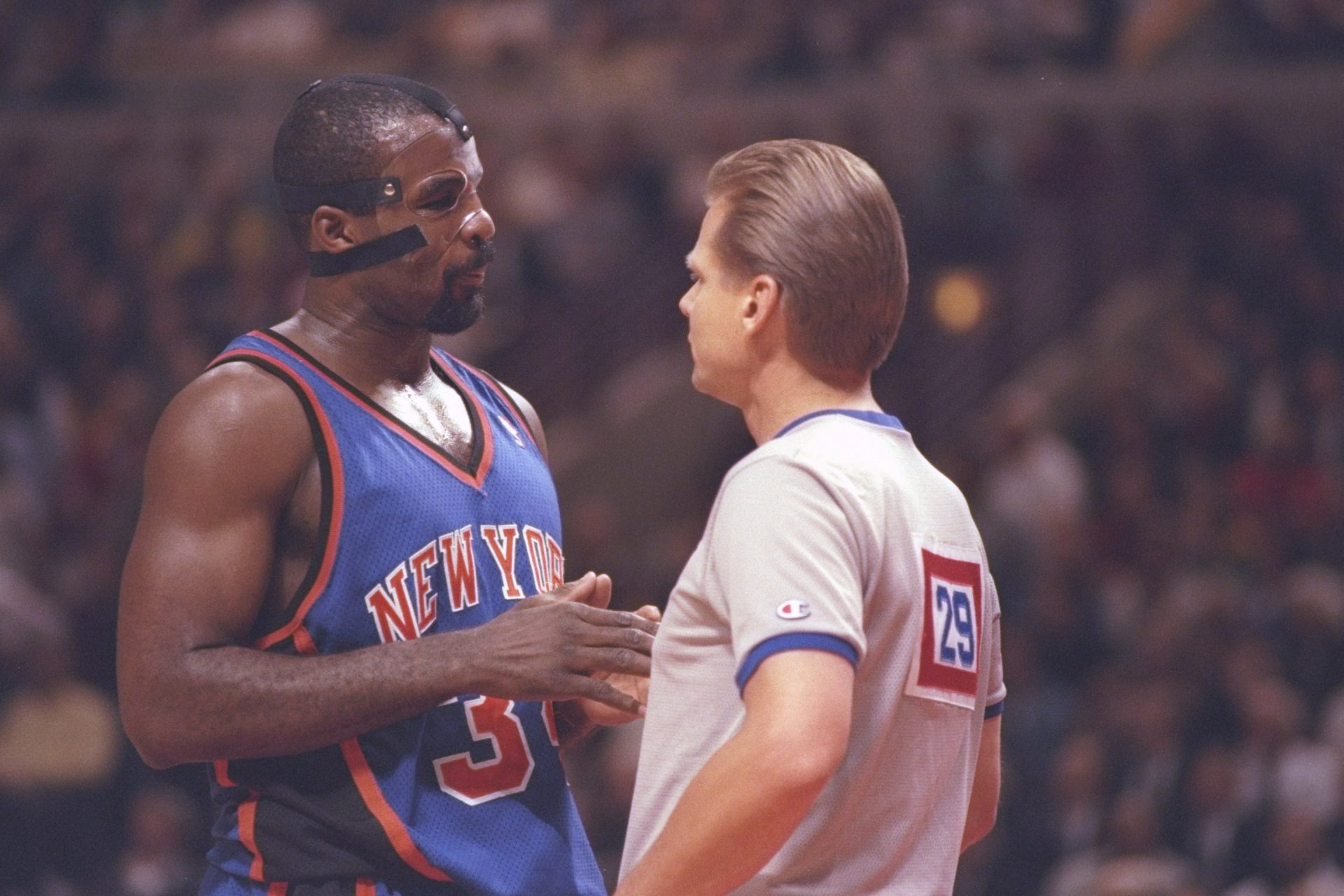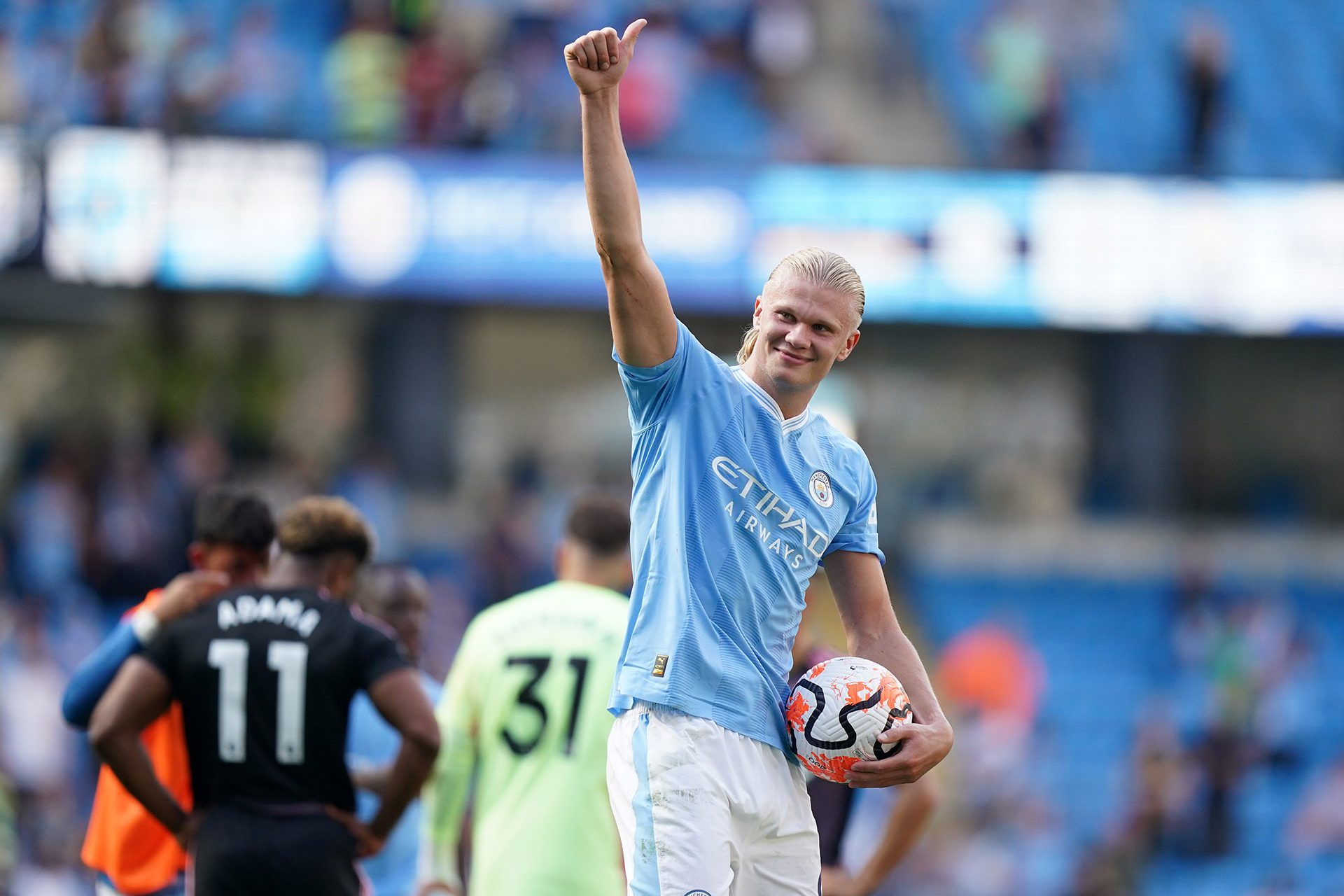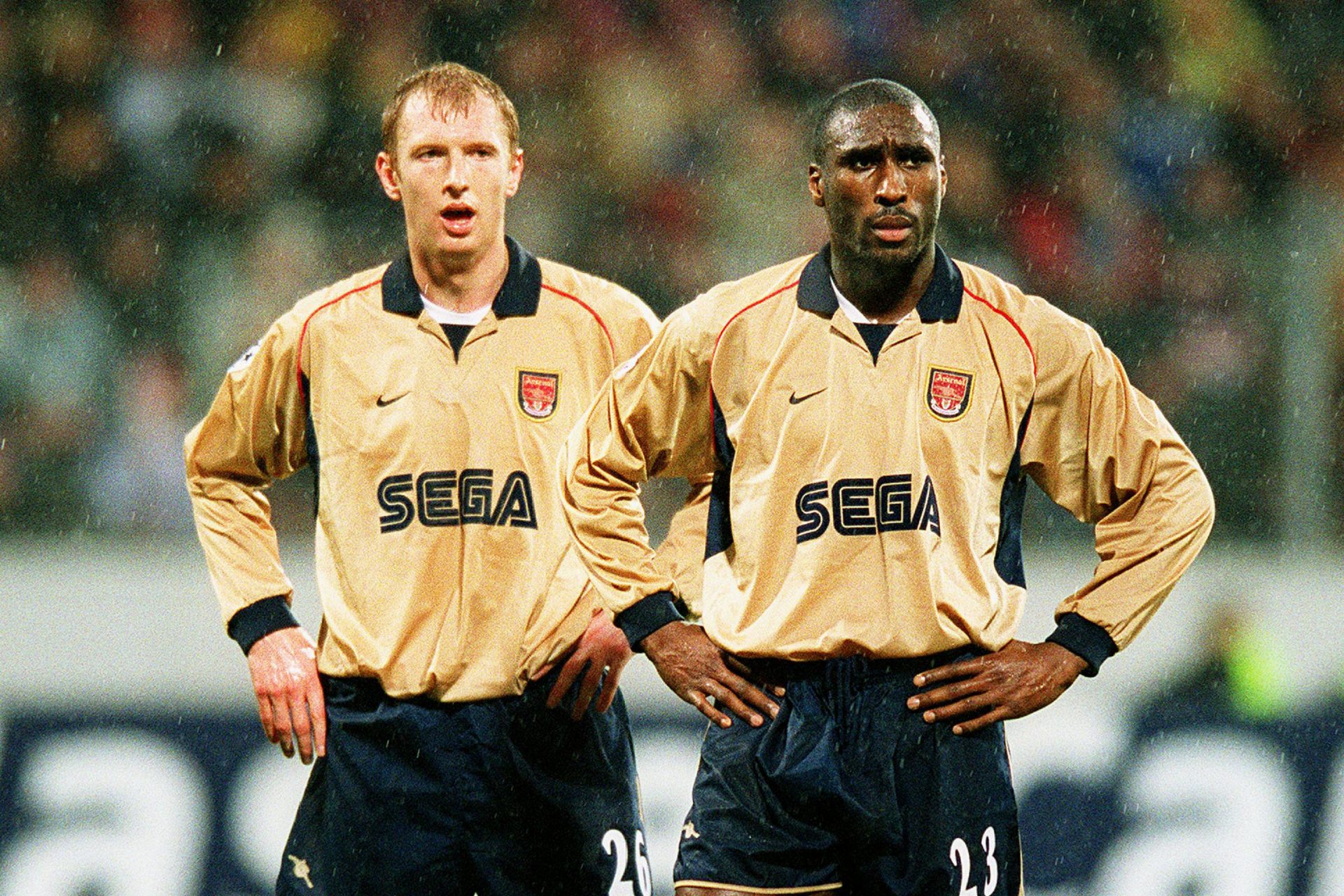Night Train Lane – a story of talent, tragedy and perseverance
Born Richard Lane, Night Train was a nickname given to him during his playing days. Lane was one of the most talented defensive backs to ever appear in the NFL, still holding the record for most touchdowns caught in a single season. But his story is one of struggle and strength and one which deserves to be told.
Born in April 1928, Richard was abandoned at three months old, found coddled in newspapers outside the home of Ella Lane. Ella was a widow with two children of her own but instantly took Richard in and raised him.
Despite Ella Lane’s care, the family was constantly struggling to put food on the table and Richard was put out to work from an early age working in hotels and shining shoes on the streets of his hometown, Austin.
Lane would spend any free time he had outside playing sports with other local children. He would often end up with injuries causing his foster mother to worry he might cause himself some real harm. Richard ignored this advice, and the occasional spanking, to continue playing baseball, basketball or football any chance he had.
Lane attended L.C. Anderson High School which was only officially desegregated in 1971. As part of the Yellow Jackets’ basketball and football, Lane was a stand-out player, helping his side to a runner-up spot in the Prairie View Interscholastic League.
After high school, Lane reconciled with his birth mother and found himself living in Iowa where he would play for the Omaha Rockets. The Rockets were part of the 'Negro Leagues' with the MLB still remaining as a segregated league during this time.
Lane spent just one year in junior college where he appeared as the only black player on his football team. Despite impressing during his time at Scottsbluff Junior College, Lane decided to enlist in the US Army and serve his country. Stationed at Fort Ord in California, Lane played football throughout his enlistment and even made the 1st Team All-Army team in 1951.
After leaving the military once his four-year stint was up, Lane found himself at a loss. He was unsure of what to do next and in a state of near depression. His job entailed moving sheets of metal to a press whilst working in an aircraft plant. Nothing about this excited Lane who knew there must be more for him out there.
On the bus to work one day, Lane asked for the driver to pull over. Realizing his job was taking him nowhere and that the bus he rode each day drove by the Los Angeles Rams training facility, Lane decided to take a chance on himself and on a career in pro football. Despite only having a scrapbook of newspaper clippings to prove he’d ever played the sport, almost unbelievably, the Rams took a chance on him.
Despite wanting to play on offense, the Rams decided to stick Lane on defense for his first scrimmage, something he had barely done in the past. Despite this, it was immediately obvious to the Rams coaching staff they had stumbled on something special with head coach Joe Stydahar remarking "Lane came out here to make the ball club. Well, last night he got himself a job."
Standing at 6’2” and with incredible speed for his size, Lane was an immediate hit in LA. He was one of the very few players who could chase down Elroy ‘Crazy Legs’ Hirsch, whilst also physically dominating practices during his first few months with the Rams franchise.
Perhaps one of the great nicknames in sport, Richard Lane would soon be known as ‘Night Train’ by almost everyone from here on out. Given the nickname by teammates who would see Lane dancing to Jimmy Forrest’s track ‘Night Train. Lane was uncomfortable with the nickname at first given the potential racial connotations, but grew to appreciate it over time.
Having earned himself a role as a starter for his rookie season in the NFL, Lane would shock the world and his own coaches with what he achieved as a first year player. Despite the season only being 12 games at the time, Lane recorded an unfathomable 14 interceptions, a number still not matched to this day. Head coach Hamp Pool described Lane as having “the reflexes of a cat.”
Despite Lane’s impressive rookie year and solid performances in years two and three, the Rams decided to move on from Lane, trading him to the Chicago Cardinals. Once again Lane impressed in his first season at a new team, leading the league in interceptions once more with 10. Despite Lane’s personal feats, his six years in Chicago saw little success for the team.
After six seasons in Chicago, Lane was once more traded, this time to the Detroit Lions, a team seemingly far more likely to push for a championship than Chicago. During his time in Detroit, Lane received All-NFL honors four times and picked off 21 passes in 66 games. Much like his time in Chicago, there was still no team success.
By 1965 Lane was 37 and riddled with injuries, including a knee problem that required surgery. Despite appearing for the Lions during the ‘65 season, Lane decided to call it quits once the season ended.
In 1963, Lane married his second wife – famed jazz singer Dinah Washington. Just five months later Lane returned home one evening to find Washington dead in their marriage bed surrounded by an empty bottle of prescription medication, a loss Lane struggled with for a long time.
Night Train Lane was one of the true greats of the NFL, with seven All-Pro nods and twice leading the league in interceptions which includes a record still unbeaten. He was a transformative player who forced opposing QBs to steer passes away from him and wide receivers to fear running over the middle. He died in 2002 of a heart attack in his home whilst listening to his favourite jazz records.
More for you
Top Stories





















